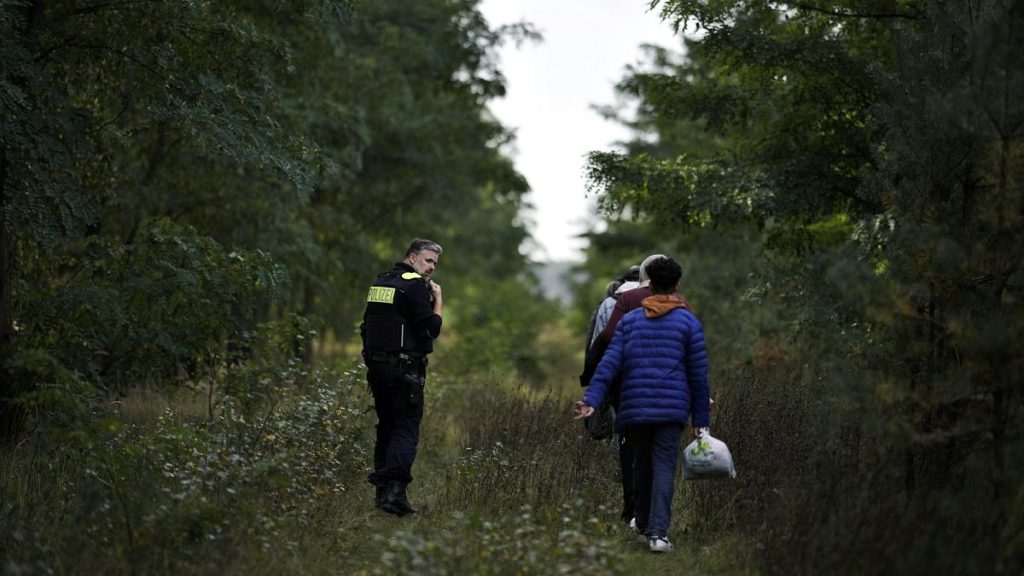As elections to the European Parliament approach, the focus is on migration and asylum policies, which are among the most divisive topics in the political agenda. The New Pact on Migration and Asylum has been endorsed in March by the Parliament after years of deadlock between member states. Various parties have different views on how to address this issue, from strengthening external borders to promoting fair and humane treatment for asylum seekers. The number of asylum applications reaching a seven-year high in 2023 has prompted parties to put forward their proposals for reform.
The European People’s Party (EPP) emphasizes the principles of humanity and order in their migration policy, seeking to halt uncontrolled migration. They propose rigorous screening of irregular arrivals, comprehensive electronic monitoring, and transferring asylum seekers to safe countries for processing outside the EU. The Party of European Socialists (PES) focuses on implementing the New Pact in a fair and humane manner, advocating for humane reception conditions, legal assistance, and protection for children. They reject any form of EU border externalization and support search and rescue missions.
Renew Europe Now, representing liberals, highlights the need for clarity and stability in addressing migration and asylum issues, advocating for economic legal pathways and opportunities for migrants in their home countries. The Greens emphasize the right to asylum as non-negotiable, calling for mandatory relocation mechanisms, climate visas for natural disaster victims, and special protection for LGBTQIA+ asylum seekers. They oppose dirty deals with dictators and criminalization of NGOs.
European Conservatives and Reformists (ECR) propose controlling all points of entry to combat trafficking, increase repatriations, and collaborate with third countries on migration management. They aim to assess the majority of asylum applications outside the EU and grant asylum only to genuine refugees. The Left advocates for co-development, denouncing colonial domination and demanding obligatory solidarity among member states. They call for promoting peace, stability, and sustainable development in regions of origin.
Identity and Democracy (ID), a far-right group, has not published a common manifesto yet. In a declaration of principles adopted in 2022, they reject the blurring of Europe’s borders and emphasize the protection of European citizens. Each party offers different approaches to address migration and asylum, reflecting the diversity of opinions within the European Parliament. The upcoming elections will determine the direction of EU policies on this critical issue.













